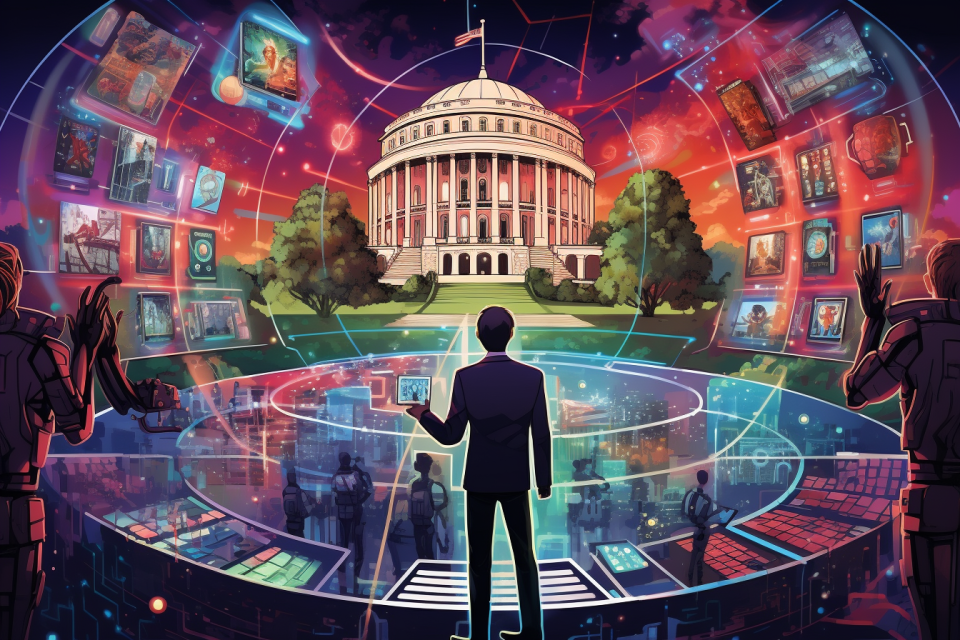The White House Addresses the Intersection of AI and Competition Policy
The recent White House meeting on competition policy and artificial intelligence, convened by Lael Brainard, Assistant to the President and National Economic Advisor, marked a significant stride in addressing the intertwining of AI with economic and competition policies. The meeting brought together a diverse group of stakeholders to discuss the Administration’s approach to AI, emphasizing its role in creating a fair, open, and competitive market.
Central to the discussion were the risks of market concentration within the AI ecosystem, which encompasses a range of critical components like semiconductors, computing power, cloud storage, talent, and data. The high concentration levels in these areas raise concerns about market fairness and accessibility, particularly for small businesses and new entrants. Moreover, the meeting highlighted the potential of open-source models and tailored AI applications to reshape the competitive landscape.
The participants also expressed concerns over possible collusive behaviors in the industry and stressed the importance of scrutinizing partnerships and investments. The lack of competition in AI could lead to adverse outcomes, such as inflated prices, reduced quality, stifled innovation, and compromised privacy. Additionally, the rise of AI poses new challenges for competition law and policy, potentially exacerbating issues like price-fixing and self-preferencing.
The Administration, under the Biden-Harris leadership, is committed to fostering competition and innovation as central components of its AI policy. This commitment is evident in President Biden’s Executive Order, which mandates promoting competition in AI and related technologies. The order also focuses on supporting small businesses in commercializing AI products and directs a pilot of the National AI Research Resource to provide essential resources like computing power and data to AI researchers and smaller companies.
Attendees at the meeting included representatives from various White House councils and federal agencies, such as the National Economic Council, National Security Council, Domestic Policy Council, Office of Science and Technology Policy, Council of Economic Advisers, Federal Trade Commission, and the Department of Justice. External participants represented various organizations, including the American Economic Liberties Project, Tech Oversight Project, Economic Security Project, Center for Democracy and Technology, AI Now Institute, Open Markets Institute, and several universities and law schools.
This meeting underscores the Administration’s proactive stance in shaping AI policy that benefits a broader spectrum of the economy and society. It also highlights the government’s role in steering AI development towards ethical, equitable, and competitive practices.

